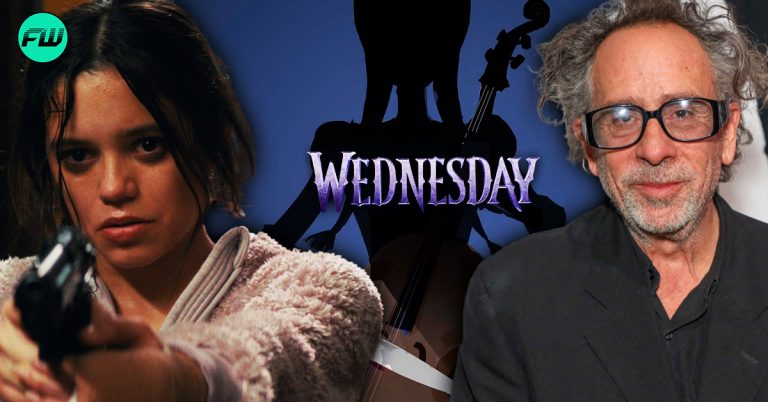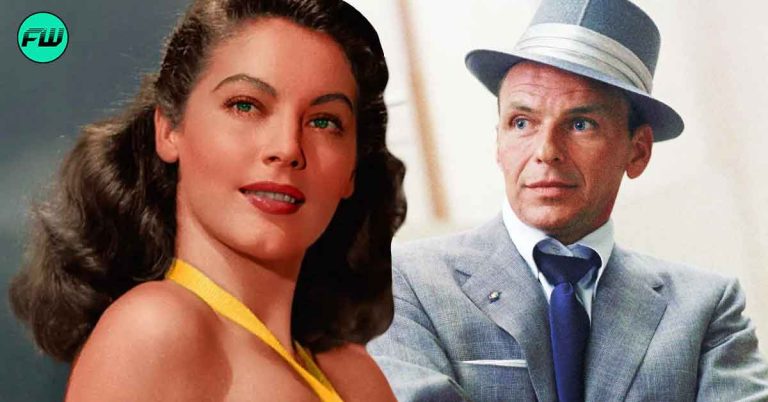Steven Spielberg’s Jaws franchise still stands as one of the most iconic movies of all time. Although it had a lot of things going for it, besides the sharks, the thing that undeniably stole the spotlight was its musical score. Crafted by John Williams, this score became one of cinema’s most iconic theme songs, becoming synonymous with the film itself, and evolving into its very heart and soul.
Despite achieving such iconic status, when Williams initially presented the piece to Spielberg, the director couldn’t help but laugh straight to his face. Although those ominous notes might not have aligned with the director’s expectations, it was most certainly what the movie needed.
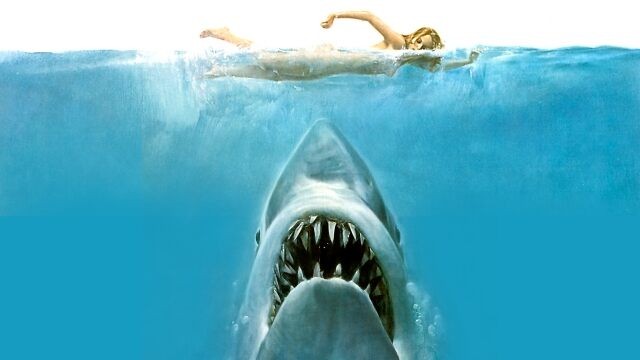
Steven Spielberg Laughed After Hearing the Ominous Jaws Theme Song Thinking It Was a Joke
When first introduced to John Williams‘ Jaws score, Steven Spielberg didn’t immediately embrace its potential in fact he laughed it off. In the making of the Jaws DVD, the director explained how he perceived Williams’ uncomplicated opening chords as a jest aimed at him. As they diverged from Spielberg’s initial vision for the film’s musical atmosphere. However, as time passed, the theme’s aptness began to reveal itself. Speilberg stated,
“I expected to hear something kind of weird and melodic, something tonal, but eerie; something of another world, almost like outer space under the water. And what he played me instead, with two fingers on the lower keys, was ‘dun dun, dun dun, dun dun.’ And at first, I began to laugh. He had a great sense of humor, and I thought he was putting me on.”
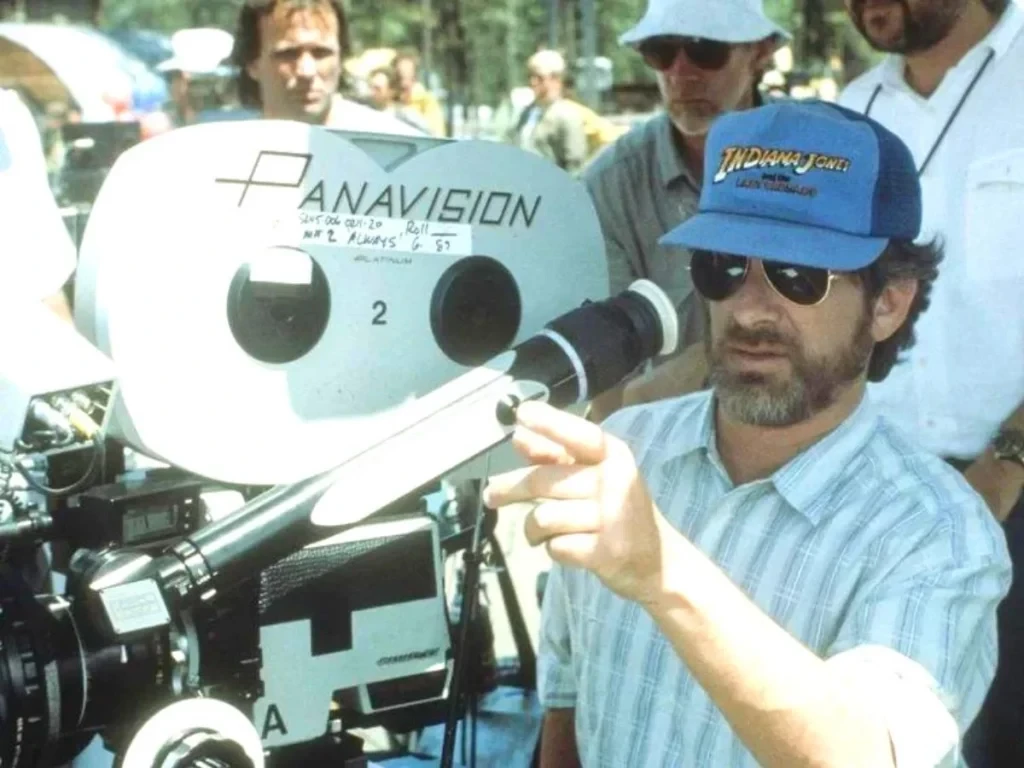
After John Williams played the song again and again, the director gradually came to acknowledge his initial misjudgment. Nearly 48 years since the audience heard it for the first time, and it still is one of the most significant scores to ever exist on this planet. As the director aptly pointed out, it is indeed “the signature for the entire movie”.
The Jaws Theme Song Saved the Movie
Humorously nicknamed “Bruce,” the mechanical shark used in the movie’s persistent breakdowns compelled the score to play a crucial role in compensating for its visual shortcomings, and it did. To label Williams’ musical work as merely successful would be an understatement, his works in Jurrasic Park, Star Wars, E.T., and Indiana Jones make him a bonafide legend. His composition surpasses the impact of the imposing great white entity that terrorized people throughout the movie.
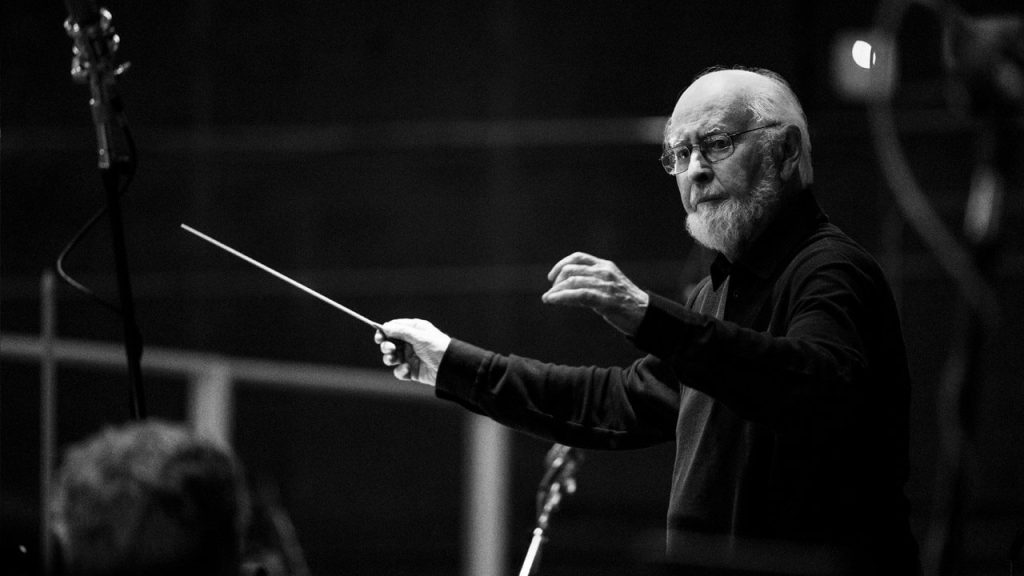
In an interview Williams stated,
“I was thinking, what could be the simplest possible thing? It has to be low because the shark is very deep. It has to be something that when it’s approaching you, it’s completely unstoppable. There isn’t a force on Earth that’s going to stop a shark in his attack on you. And I thought to myself, it’s mindless, but someone who knows world will say that the shark is a very intelligent creature and it’s not at all mindless.”
He further stated,
“There’s no shark nearby, but if it speeds up and comes closer to you and gets louder and louder, the same two notes, you’ve got an actor that you can’t see and a threat that by some primordial instinct you are threatened by, as we should be, by a great predator.”
Although the sharks seemed terrifying, the sole shots of the shark didn’t do the trick, it always felt as if something were missing, and the score bridged the gap. Thus, it’s accurate to assert that within the movie’s context, the music, and not the shark, emerges as the most bone-chilling element.
Source: The Hollywood Reporter




